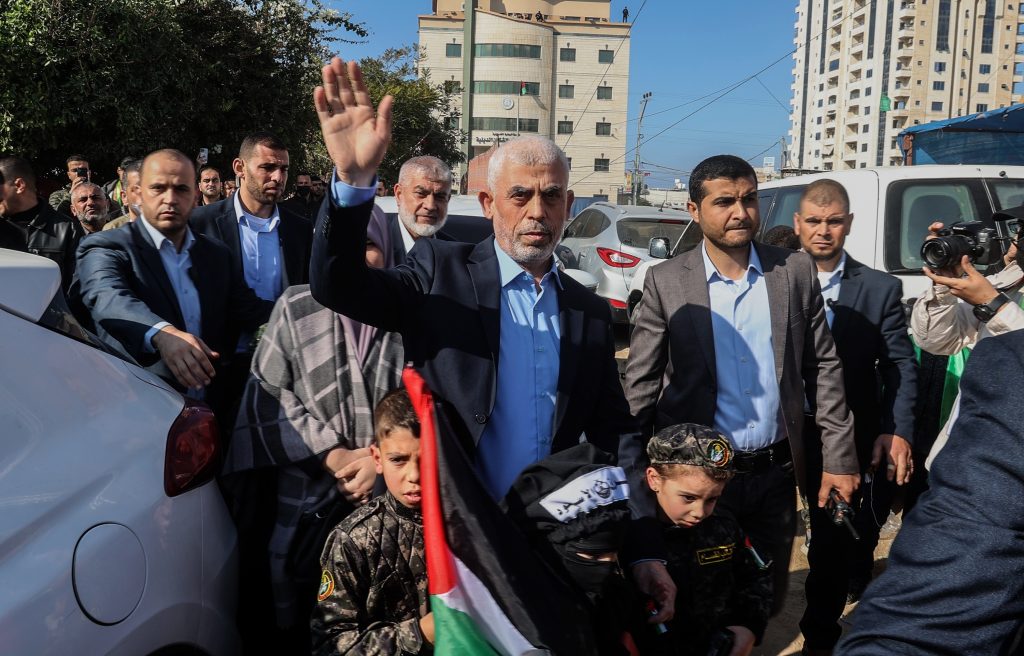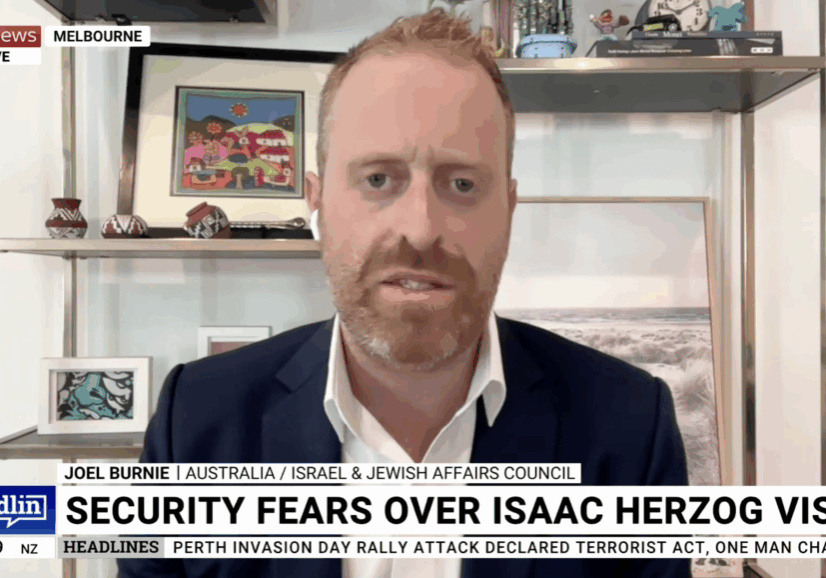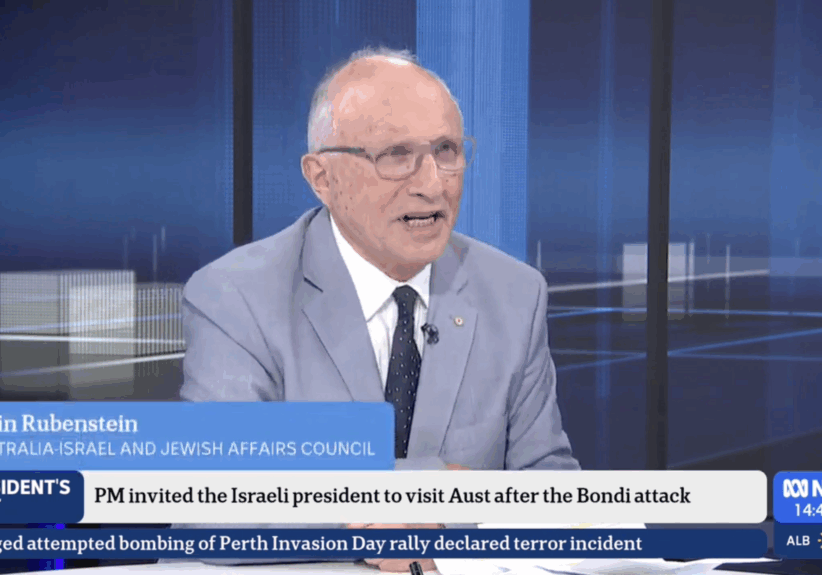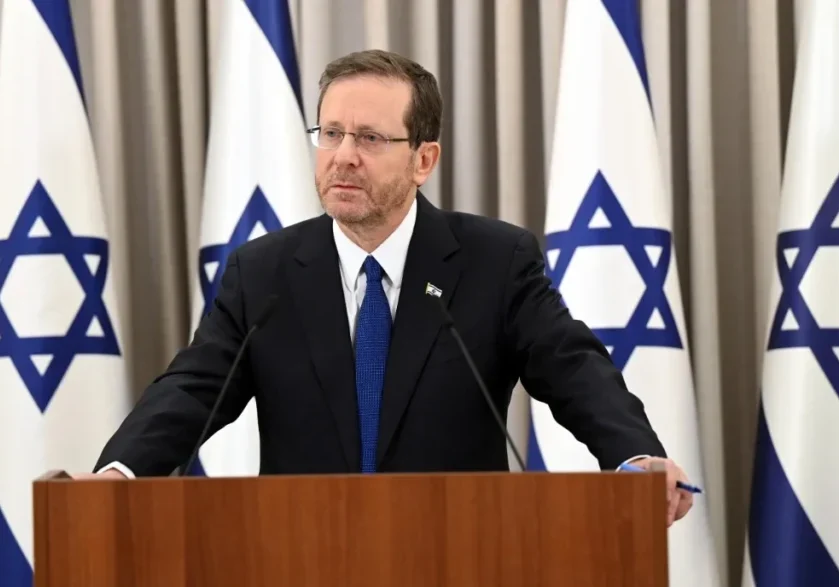Australia/Israel Review
Why Hamas sat this one out
May 24, 2023 | Lazar Berman

For the third time since Operation “Black Belt” in 2019, Hamas sat out a fight between Israel and Palestinian Islamic Jihad (PIJ).
Though it maintains a “Joint Operations Room” with other groups and put out a statement with PIJ about resistance, the Gaza-ruling terror group seemed to be content watching from the sidelines and letting the smaller organisation bear the brunt of Israeli strikes during the five days of conflict
The Netanyahu Government sought to portray the terrorist group’s inaction as evidence of helplessness. Hamas used to dictate everything that happened in the Gaza Strip, one senior Israeli official said; now it can’t even control the much smaller PIJ.
But Hamas seemed comfortable with the situation. It suffered little, while its main rival in the Strip lost commanders and materiel.
“Its position improved after this round,” argued Kobi Michael, a senior researcher at the Institute for National Security Studies and past head of the Palestinian desk at the Strategic Affairs Ministry. PIJ is a “headache” for Hamas, said Michael.
The two groups have very different priorities that are often in direct conflict.
PIJ is a classic terrorist group, with the fight against Israel its only significant priority. It is also entirely dependent on Iran, which has an ongoing and overt desire to see its proxies carry out attacks on Israel.
Hamas, on the other hand, has an interest in maintaining quiet in the Gaza Strip. It is trying to see through some sort of economic recovery after its 2021 fight with Israel, while also building its military capabilities for the next round.
Unlike PIJ, Hamas rules territory and has responsibility for over two million inhabitants.
It also has a long-term goal of building legitimacy both within Palestinian society and in the region, and replacing Fatah as the leading faction of the Palestinian national movement. At times, firing rockets at Israel might serve that aim, but annual destruction and bloodletting in Gaza generally undermine its march toward credibility.
Hamas is also less susceptible to Iranian pressure than PIJ.
Hamas has a much richer and more diverse set of relationships with foreign powers than does PIJ.
Turkey still refuses to expel Hamas officials and units in the country, even after the recent rapprochement between Ankara and Jerusalem. Qatar maintains close ties with Hamas, and the group also enjoys growing relationships with Russia and China.
Hamas is also not a monolith. Though much of its foreign political leadership – men like Ismail Haniyeh and Saleh al-Arouri – are close with Iran, its leader on the ground in Gaza, Yahya Sinwar, enjoys extensive ties with the Egyptian regime, which seeks quiet in the Strip.
Given Hamas’ desire for quiet and legitimacy, why did it allow PIJ to set off several days of fighting?
“Hamas, if it wants to, can impose order on the Strip,” said Michael Milshtein, Palestinian affairs expert at the Moshe Dayan Centre for Middle Eastern and African Studies. “It decided it wants to sit on the fence. It feels very comfortable there.”
Kobi Michael agrees that watching Israel and PIJ fire away at each other for a few days played into Hamas’ hands.
“It’s quite pleased with the blows Islamic Jihad suffered from Israel,” he said, “because it weakens Islamic Jihad and gives Hamas more quiet and freedom of action within the Gaza Strip.”
That doesn’t mean Hamas did nothing beyond offer rhetorical support. It well may have given PIJ some rockets and allowed them to be launched from Hamas positions.
Milshtein says Israel should have imposed “strict conditions” on Hamas rather than let it evade punishment.
Since Operation Guardian of the Walls in 2021, Israel and Hamas have had an understanding. Israel allows thousands of workers from Gaza into the country every day – the number is currently 21,306 – and allows money for public sector salaries to reach the Strip from abroad.
In exchange, Hamas is meant to guarantee that none of the Gaza-based terror groups fire rockets or anti-tank missiles at Israel.
Despite the fact that it didn’t stop PIJ from attacking Israel, Hamas’ economic privileges were not rescinded. On May 14, hours after a ceasefire with PIJ came into effect, the Israel Defence Forces announced it would be reopening the border crossings into the Strip.
“We’re not operating intelligently,” Milshtein charges. “We should say, from now on, if you allow rocket fire, if you stir things up in the West Bank, you won’t have workers, you won’t have salaries.”
Lazar Berman is the Times of Israel’s diplomatic reporter. © Times of Israel, reprinted by permission, all rights reserved.
Tags: Gaza, Hamas, Israel, Palestinian Islamic Jihad
RELATED ARTICLES

Security concerns over Herzog visit a terrible indictment: Joel Burnie on Sky News





